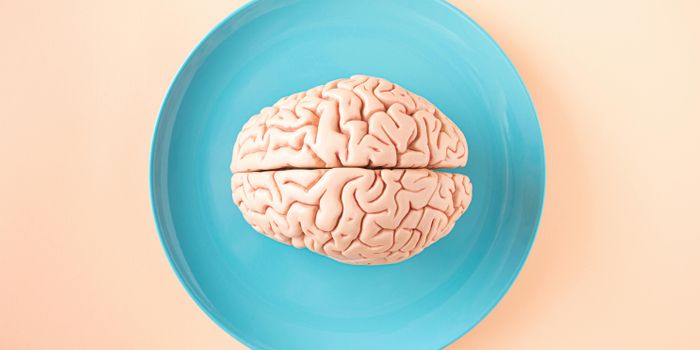Thyroid Inflammation Linked to Anxiety Disorder
Findings from a new study suggest that people with autoimmune inflammation in their thyroid may be more likely to develop anxiety. This may mean that thyroid function has an important role in the development of anxiety disorders.
Up to 35% of people aged between 25 and 60 have an anxiety disorder in developed countries. While current examinations for anxiety disorders tend to focus on the disruptions in the nervous system, the new findings suggest that the endocrine system should also be considered.
In the research, Dr. Juliya Onofiichuk from Kyiv City Clinical Hospital in Ukraine investigated the link between thyroid function and anxiety in 29 men (at an average age of 33.9 years old) and 27 women (at an average age of 31.7 years old). All patients were diagnosed with anxiety and experienced panic attacks, and all underwent ultrasounds of their thyroid glands to assess their thyroid function and thyroid hormone levels.
All in all, she found that the patients tended to have signs of inflammation in their thyroid glands. While function was generally not affected, she noted that thyroid hormone levels were slightly elevated, although still with the normal range.
Treating the patients with ibuprofen and thyroxine (a hormone produced in the thyroid gland) for 14 days reduced their thyroid inflammation, normalized their thyroid hormone levels, and reduced their anxiety scores.
“These findings indicate that the endocrine system may play an important role in anxiety. Doctors should also consider the thyroid gland and the rest of the endocrine system, as well as the nervous system when examining patients with anxiety,” says Dr. Onofriichuk.
Although promising results, Dr. Onofriichuk notes that sex and adrenal gland hormones, which are also known to impact anxiety levels, were not taken into account in this study. Furthermore, no placebo group was present to confirm the results.
As such, Dr. Onofriichuk now intends to conduct further research to take thyroid, sex, and adrenal hormones into account when looking at patients with dysfunctional thyroid glands and anxiety disorders.
Sources: Neuroscience News, News Medical









